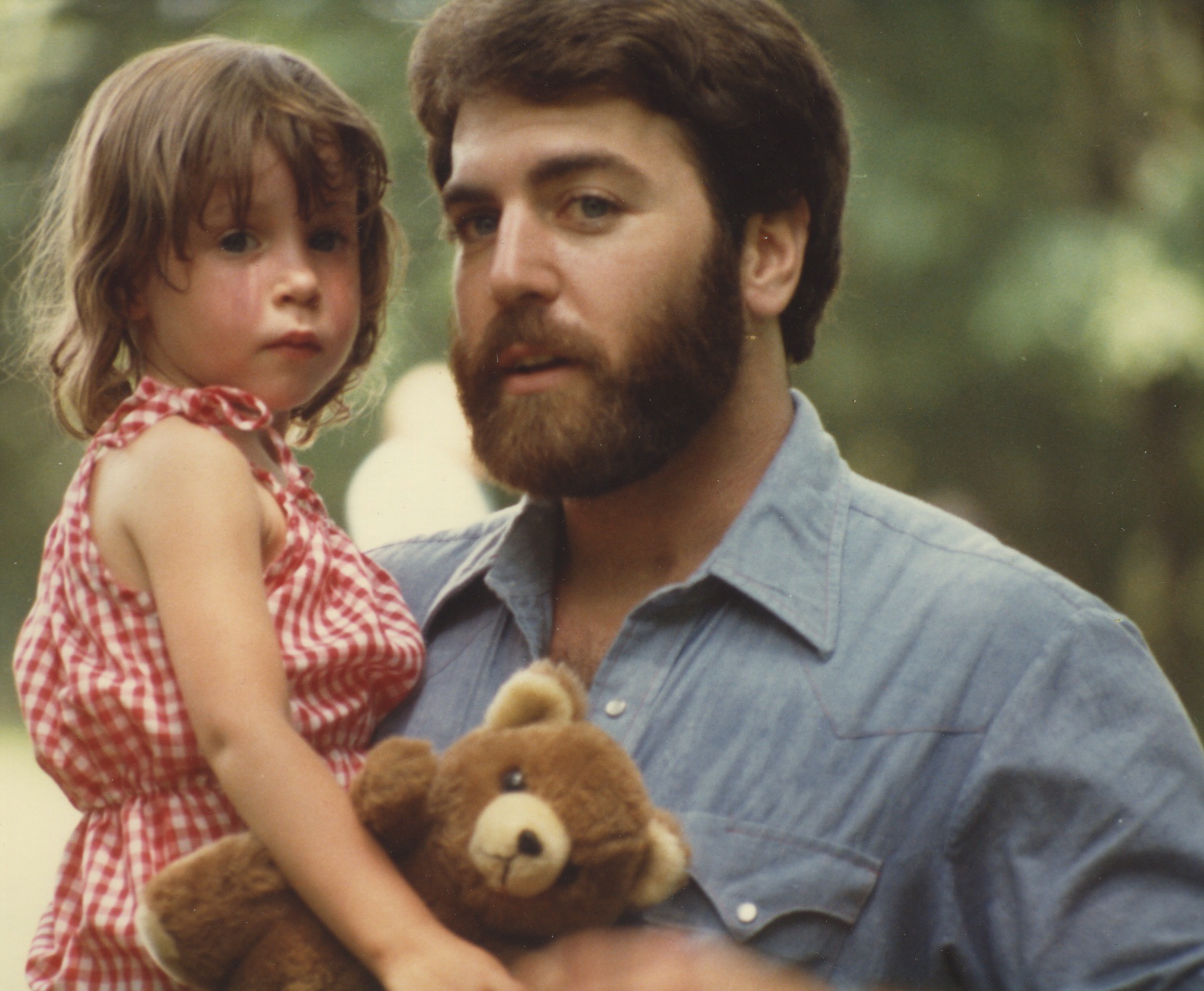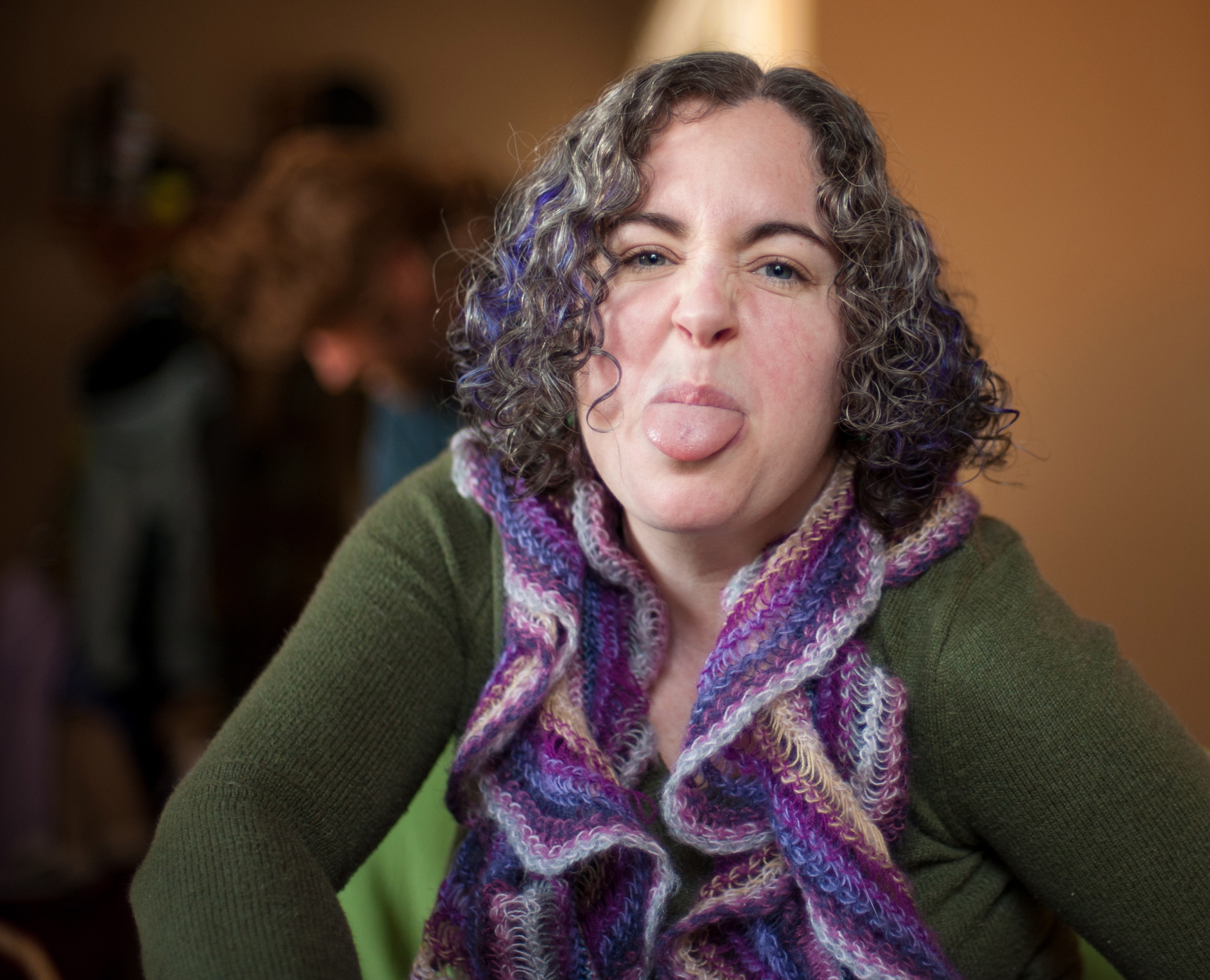In life there are big transitions, little transitions and everything in between but there’s one thing you can be sure of, there WILL be transitions. Shifting from one thing to the next is challenging for children and adults alike, especially when the transition wasn’t their idea.
I’m in the midst of a big transition right now. We are so fortunate to have my husband’s parents living here full time and being active participants in caring for our daughter. And if you’re thinking we’re the luckiest people ever, then get ready for more, because we ALSO have my mom and step dad here for six months of the year! It is SO incredibly helpful to have so many people adoring and caring for Julia, but there’s a dark side to this beautiful gift too. My parents leave and are gone for six months of the year.




